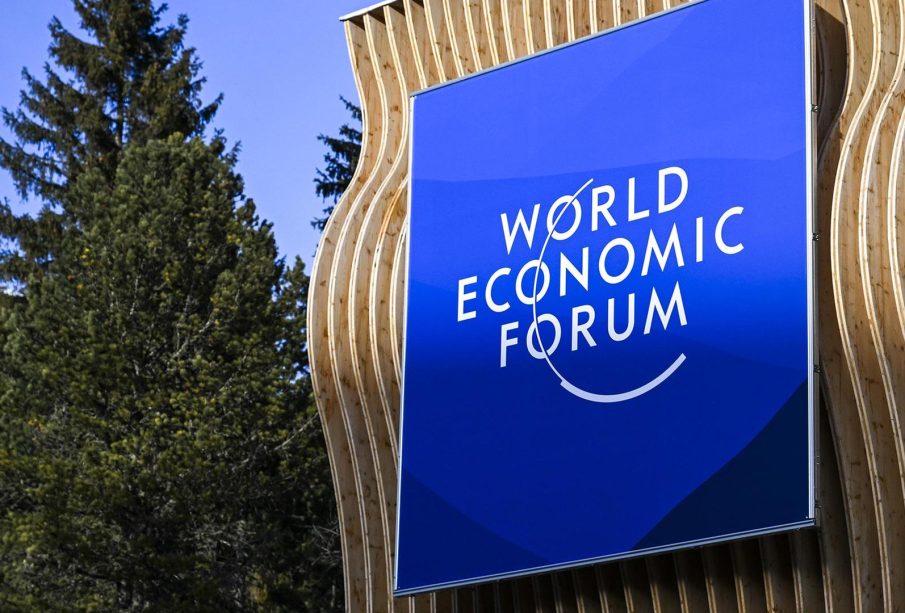Unpacking the World Economic Forum 2023

Introduction to the World Economic Forum
The World Economic Forum (WEF) has been at the forefront of addressing global economic challenges since its inception in 1971. This annual meeting in Davos serves as a pivotal platform for leaders in politics, business, and civil society to discuss pressing issues that affect the global economy. As we navigate through turbulent times marked by the COVID-19 pandemic and geopolitical tensions, the significance of this forum has never been more apparent.
Key Discussions and Themes of 2023
The 2023 WEF, which took place in January, focused on several pressing themes that reflect the current state of the world. One such theme was the importance of sustainable economic growth in the wake of the pandemic, prioritising health and welfare alongside traditional economic metrics. Climate change was another central topic, with many leaders advocating for green technologies and investments to mitigate its impacts. Additionally, the rise of digital currencies and the need for regulation were hotly debated, as more nations explore the potential of decentralized finance in their economic frameworks.
Noteworthy Speakers and Messages
This year, the forum attracted a diverse array of speakers, including heads of state, industry leaders, and activists. Among them was the United Nations Secretary-General who emphasized the urgency of coordinated global action to combat climate change. Tech leaders also provided insights into the future of digital transformation, outlining strategies for creating inclusive economies that leverage technology for good. This combination of voices illustrates the collective need for multi-stakeholder approaches to achieve sustainable outcomes.
Conclusion: The Future After Davos
The discussions and agreements reached at the WEF are expected to shape policies and initiatives globally in the coming years. The emphasis on sustainability, equitable economic growth, and adaptation to rapid technological changes will likely influence international cooperation efforts. As nations move forward, the importance of collaboration and innovative thinking will be crucial in addressing the challenges ahead. For readers, staying informed about these developments is essential, not only for understanding global economics but also for anticipating how these changes might affect local and national contexts.









